Welcome to this week’s political scene.
Its been a relatively quiet week in policy land with the main focus on today’s general election, however, gender equality for female academics and the student academic experience survey have hit the news.
2017 Student Academic Experience Survey
The 2017 Student Academic Experience Survey results have been released. Wonkhe succinctly summarise the findings here, and there has been press coverage on the findings from the BBC, Guardian, and The Times.
In brief: teaching is perceived more positively, learning gain has been reported positively (although Wonkhe disagree), and student wellbeing remains a concern. Most interesting is the consideration of the results dissected by student residency, ethnicity and sexual orientation. Students who live at home and commute score lower on satisfaction and wellbeing than students that relocate and live in. There are also clear ethnicity differences, in particular Asian and Chinese students rate teaching staff and value for money of their degree lower; and non-straight students score lower across the board on wellbeing. As Wonkhe suggest the interplay between race, commuting, attainment, wellbeing, learning gain, part time employment, and student support may make for some interesting personalisation interventions within the sector if the data can be sufficiently interpreted.
For more detail on the findings see this week’s policy update.
Rankings
The QS World Rankings have been released today. Paul Greatrix writes for Wonkhe noting that while the UK still places 4 institutions in the top 10 the majority of UK HEIs have dropped lower in the rankings (including 11 of the 16 Russell Group institutions). Paul reports that QS highlight weaker research performance and reputational decline as the reason for the UK institutions ranking drop, and he anticipates further falls as the Brexit gloom descends.
Furthermore, following a complaint to the advertising watchdog Universities are carefully considering their marketing messaging around rankings position. The BBC report the University of Reading will remove their claim to be within the top 1% of the world’s universities after the watchdog stated the figure could not be substantiated and could be misleading. It remains to be seen what impact this will have on recruitment, particularly for international students.
Academic Gender Equality
This week the Guardian reports Patricia Fara’s (Cambridge historian) call for universities to invest more money in childcare if they want to see gender equality. The Guardian writes that childcare is the single biggest problem for female academics and cites the 2016 report from Institute of Fiscal Studies into pay inequality which found the pay gap widens steadily for 12 years after the birth of a first child, leaving women on 33% less pay per hour than men.
The topic of female academics is also picked up by HEPI this week who discuss the expectation and difficulties of mobility in relation to career progression.
Consultations and Inquiries
There are no new consultations or committee inquiries this week. The new parliament will convene on Tuesday 13 June.
You can read BU’s response to past consultations and inquiries here. The response to the European Commission’s Erasmus+ consultation has recently been added, read it here.
To sign up to the separate weekly general HE policy update simply email: policy@bournemouth.ac.uk
Sarah Carter
Policy & Public Affairs Officer
 Dr. Alison Taylor of the Centre for Midwifery, Maternal & Perinatal Health (CMMPH) presented her poster today on breastfeeding on the first day of the International Confederation of Midwives (ICM) conference. Alison’s poster ‘Early breastfeeding support for first-time UK mothers: A study based on video diaries’ was well received in Toronto (Canada).
Dr. Alison Taylor of the Centre for Midwifery, Maternal & Perinatal Health (CMMPH) presented her poster today on breastfeeding on the first day of the International Confederation of Midwives (ICM) conference. Alison’s poster ‘Early breastfeeding support for first-time UK mothers: A study based on video diaries’ was well received in Toronto (Canada).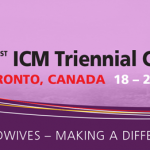

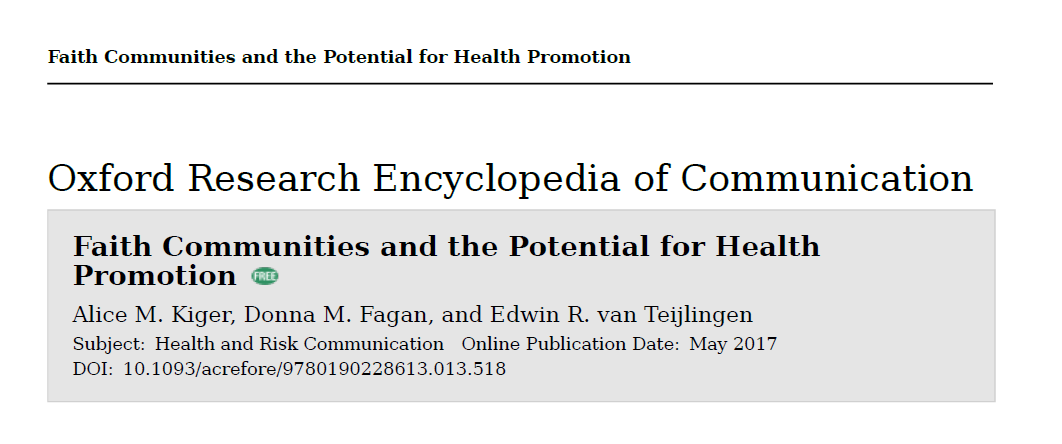
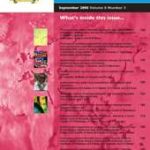
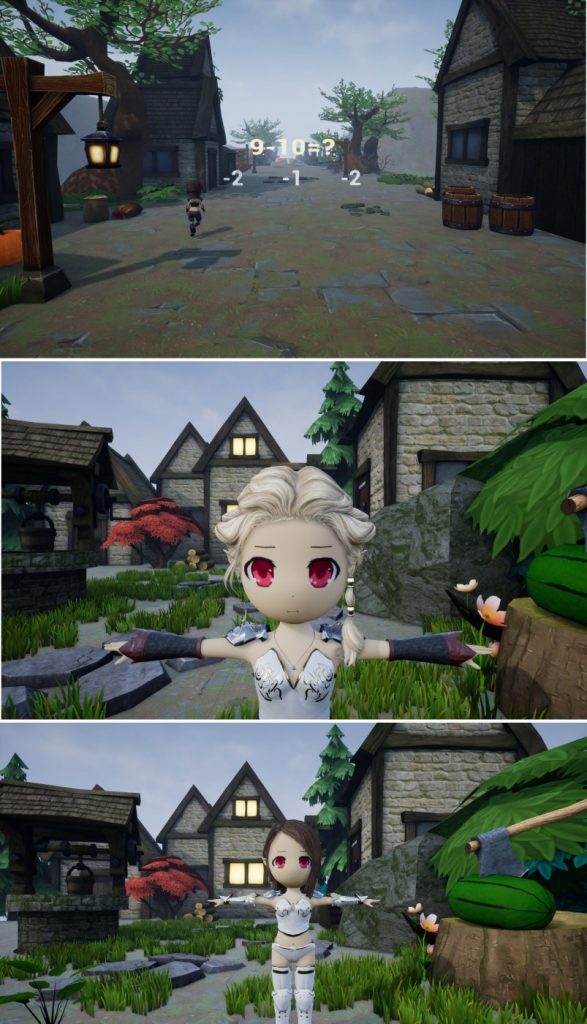 2 Magic Land is a farming game that gives you chances to sell your magic potions brewed from your own fruits and vegetables to the wizard of oz. You must be clever, resourceful, and most of all BE PATIENT.
2 Magic Land is a farming game that gives you chances to sell your magic potions brewed from your own fruits and vegetables to the wizard of oz. You must be clever, resourceful, and most of all BE PATIENT.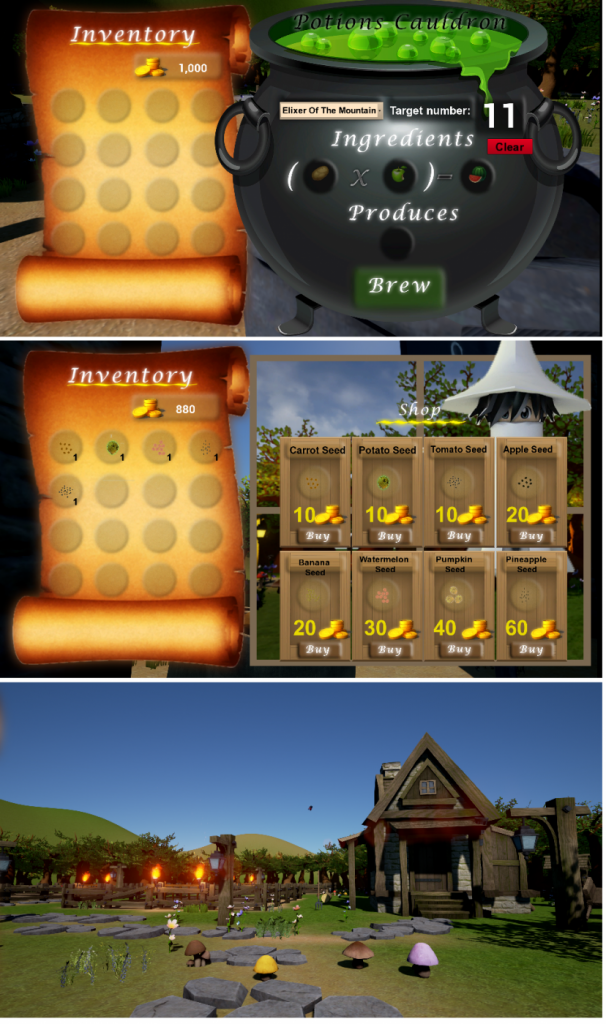
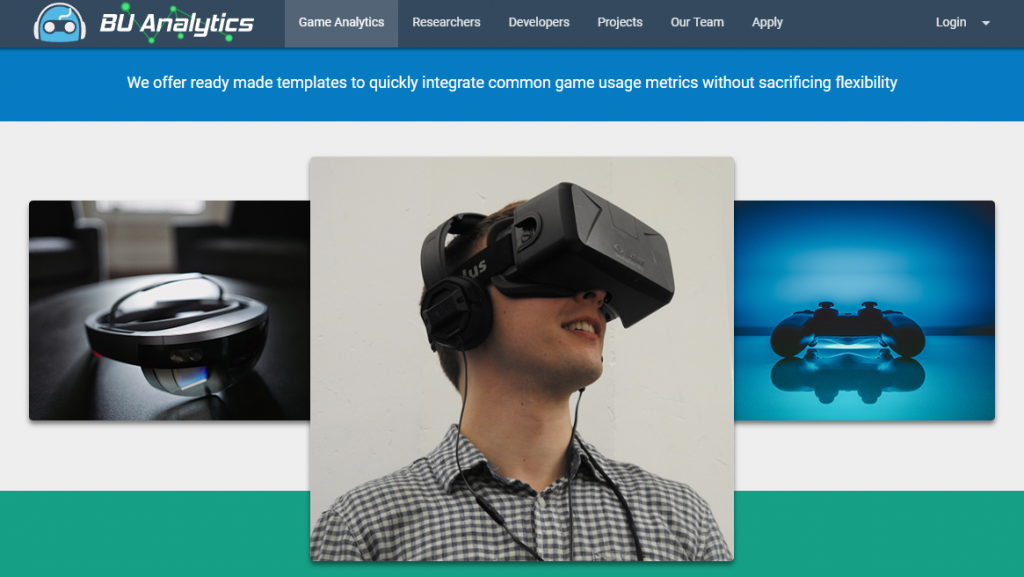 BUAP offers researchers and developers an intuitive, flexible and powerful framework to evaluate various design and research aspects of their projects using a data-driven approach. BUAP is applicable to a wider range of application:
BUAP offers researchers and developers an intuitive, flexible and powerful framework to evaluate various design and research aspects of their projects using a data-driven approach. BUAP is applicable to a wider range of application: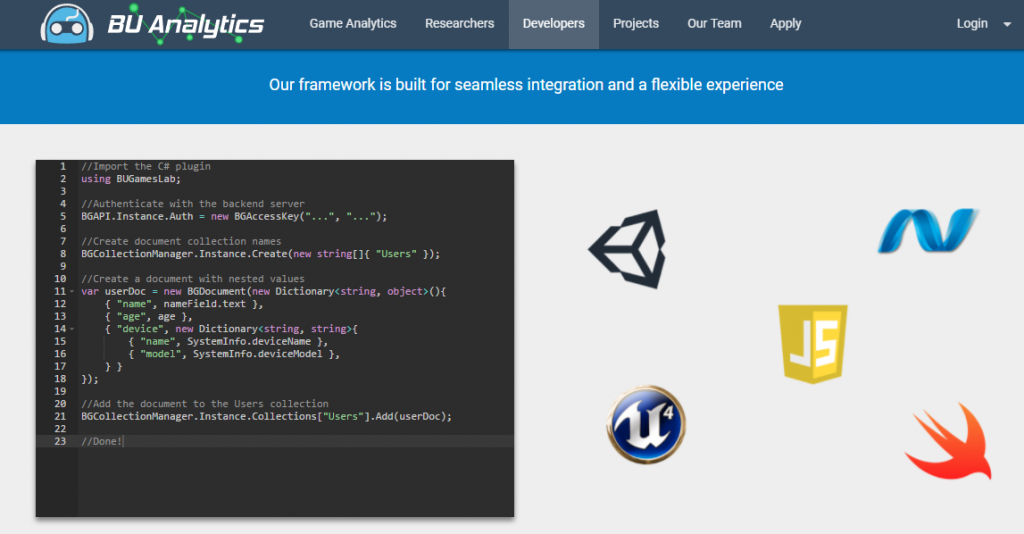
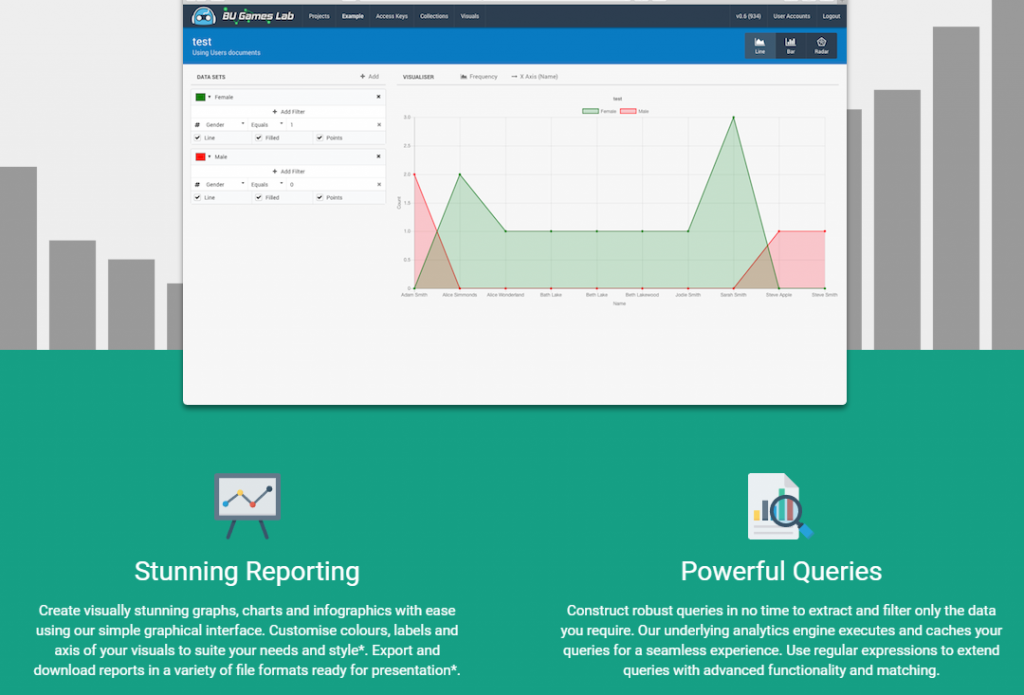



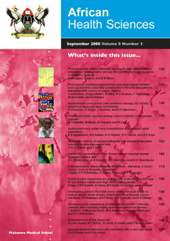


 Kip Jones and Lee-Ann Fenge are pleased to announce that our article to appear shortly in Creative Approaches to Research, a peer-reviewed open-access journal, “Gift Stories How Do We Retell the Stories that Research Participants Give Us?” is now available on
Kip Jones and Lee-Ann Fenge are pleased to announce that our article to appear shortly in Creative Approaches to Research, a peer-reviewed open-access journal, “Gift Stories How Do We Retell the Stories that Research Participants Give Us?” is now available on 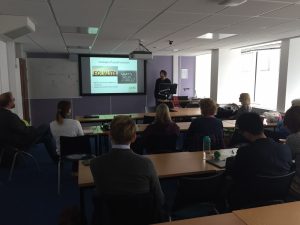












 FHSS academics teaching in Nepal
FHSS academics teaching in Nepal New weight change BU paper
New weight change BU paper One week to go! | The 16th Annual Postgraduate Research Conference
One week to go! | The 16th Annual Postgraduate Research Conference Geography and Environmental Studies academics – would you like to get more involved in preparing our next REF submission?
Geography and Environmental Studies academics – would you like to get more involved in preparing our next REF submission? Congratulations to three former BU staff
Congratulations to three former BU staff MSCA Staff Exchanges 2024 Call – internal deadline
MSCA Staff Exchanges 2024 Call – internal deadline Applications are now open for 2025 ESRC Postdoctoral Fellowships!
Applications are now open for 2025 ESRC Postdoctoral Fellowships! Horizon Europe – ERC CoG and MSCA SE webinars
Horizon Europe – ERC CoG and MSCA SE webinars MaGMap: Mass Grave Mapping
MaGMap: Mass Grave Mapping ERC grants – series of webinars
ERC grants – series of webinars